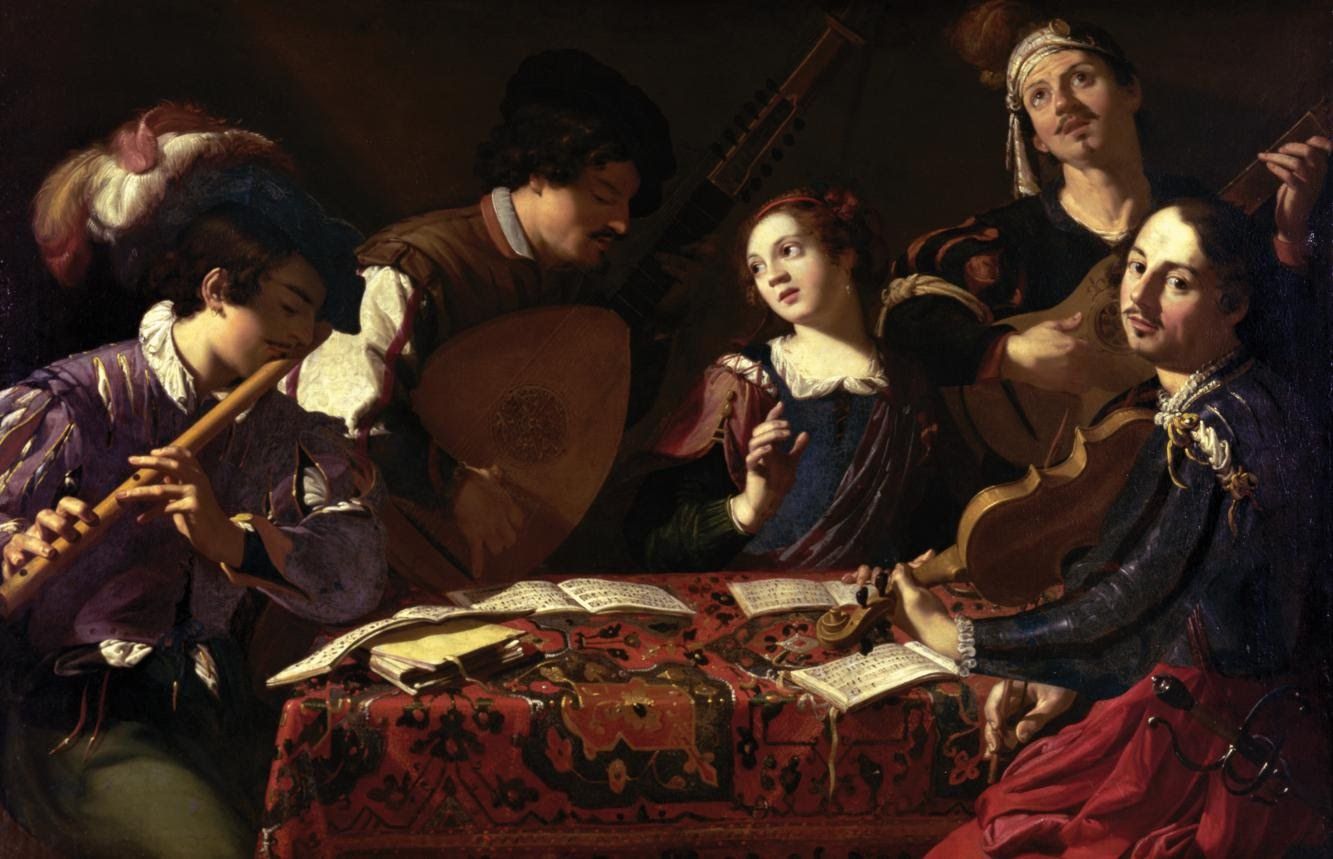When we listen
To his sweet song,
Did he then know
It’d live this long?
A song that gives
To every age,
A timeless sense
Of history’s page.
Reminding you,
Reminding me,
Love songs can last
Eternity.
From age-to-age
Repeating ways
Of loving one
Across our days.
We know it’s true
When our hearts love.
We know for sure
There’s God above.
For He must have
Placed in our time
Our love to meet
So hearts could chime.
Pachelbel’s song—
His lasting gift,
To heal our wounds
And hearts uplift.
When one sweet day
You love one girl,
Then to her soft
This song unfurl.
So years will pass
In harmony
And growth, entwining
Her heart with thee.
Michael Charles Maibach began writing poems at age nine. Since then he has continued writing poems, and sharing them with friends. In November 2015 he opened a Facebook page – Poems of Michael Charles Maibach. It offers 140 poems written since then. His career has involved global business diplomacy. He is a native of Peoria, Illinois. Today Michael resides in Old Town Alexandria, Virginia.















Beautiful tribute to a wonderful piece of music – the Pachelbel is one of those few pieces that stand alongside Bach’s great works and doesn’t seem inferior. Thanks.
Michael,
1. Hello! In the first stanza, the switch from “we” to “he” is confusing. Here is a possible fix:
When first he wrote
This sweet love song,
Did he know it
Would live this long?
2. I think it would sound better if there is a “for” before “eternity.” Here is a possible fix:
Reminding you,
Reminding me,
Love songs last for
Eternity.
3. “then to her soft” doesn’t make sense to me. Here is a possible fix:
When one sweet day
You love a girl,
Softly to her
This song unfurl.
4. In the final stanza, I believe that” year” should be “years.” Also, it says that “her heart” is entwining with “thee.” If you want to say that “her heart” is entwining with “your heart,” I think you would use “thine” instead of “thee.” If you would like to use “thine,” here is a possibility:
As through the years
Your lives entwine,
You’ll grow in love,
Her heart with thine.
5. Notwithstanding these comments, I enjoyed the poem very much.
At this moment in time, Mr. Maibach may be one of the most dimetre-driven, rhyming poets in American literature. Others, like Ms. Foreman and Mr. Wise, may utilize it in their ballads, but it is central to Mr. Maibach’s poetry, even though he writes in other “forms” as well.
Although poetry has been associated since classical times with science, philosophy, agriculture and math, among other fields, one of its longest and deepest associations is with music; but music, particularly since the Medieval and Renaissance eras, has become more and more complex. Though there have been historical moments, as during the Classical era in music (1770-1800) when German poetry and music attempted a rapprochement, the serious chasm between them has increased. [Indeed, one of the things I am most hounded by and constantly fighting is poetry’s separation from all these fields of knowledge, and more.]
Though I don’t particularly like the dimetre, loved especially by free-versifiers, I applaud Mr. Maibach’s attempt to use it here in his lyric on Pachelbel; it fits; as does Mr. Maibach’s simple diction. [That confluence of simple language and music is, of course, one of the driving forces behind folk/popular music.]
Throughout my poetic career, I have striven to capture music in my language, with my first simple attempts following popular songwriters, and later attempts trying to do the impossible, that is, through language, meeting the great composers (Sidney Lanier, among others, comes to mind here.). Of course, it’s all been a failure; but note, as in the case of Mr. Sedia, for example, one can gain traction in one’s poetry from the music one strives for; or, to put it diff’rently, by having, as an ideal in one’s being (soul, heart, mind, etc), a certain music, it can penetrate one’s writing in unpredictable ways. Even free-verse writers, like Whitman, in his use of operatic and Biblical cadences, or Allen Ginsberg, with his use of jazz, are cases in point, if benighted.